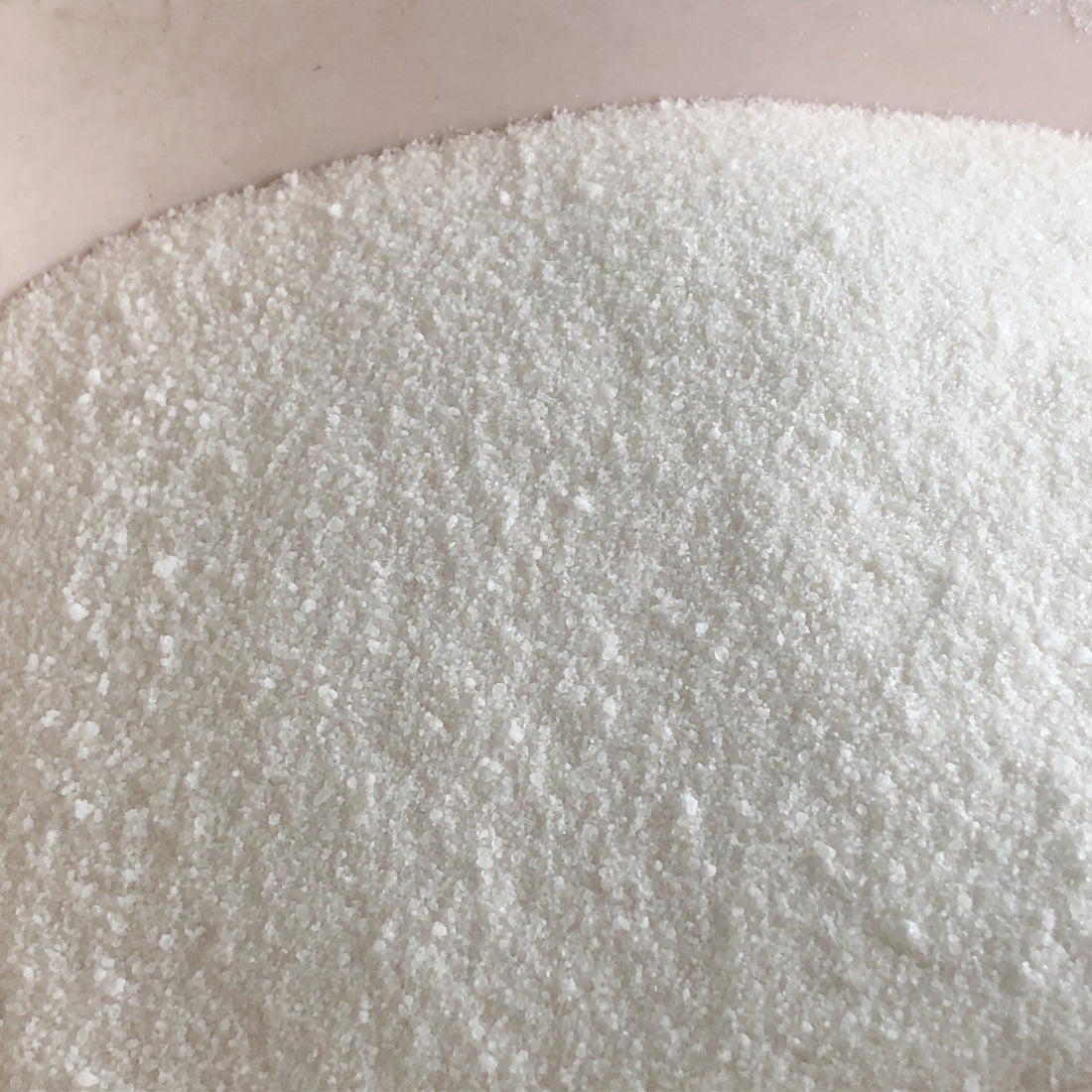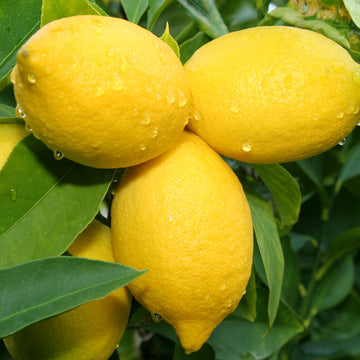
Sodium Gluconate
Sodium Gluconate: A Naturally Derived Chelating Agent
Sodium gluconate is a versatile and eco-friendly ingredient commonly used in various industries, including personal care, cleaning products, and food processing. This naturally derived compound offers numerous benefits while maintaining a favorable environmental and safety profile.
What is Sodium Gluconate?
Sodium gluconate is the sodium salt of gluconic acid, a mild organic acid naturally found in fruits, honey, and wine. It appears as a white to off-white, odorless powder or granules that are highly soluble in water. As a chelating agent, sodium gluconate can bind to metal ions, making it valuable in various applications.
How is Sodium Gluconate Made?
Sodium gluconate is produced through a natural fermentation process involving two main components:
- Glucose, typically derived from corn or other plant-based sources
- Non-pathogenic microorganisms, usually strains of Aspergillus niger or Gluconobacter oxydans
The manufacturing process includes the fermentation of glucose, followed by purification and neutralization with sodium hydroxide to form sodium gluconate.
What Does Sodium Gluconate Do?
Sodium gluconate offers several advantageous properties in various applications:
- Chelation: It effectively binds to metal ions, preventing scale formation and improving cleaning efficiency.
- pH buffering: Sodium gluconate helps maintain optimal pH levels in formulations.
- Corrosion inhibition: It protects metal surfaces from corrosion in cleaning and industrial applications.
- Calcium sequestration: It prevents soap scum formation in personal care and cleaning products.
- Preservative enhancement: Sodium gluconate can boost the effectiveness of certain preservatives.
Safety Profile of Sodium Gluconate
Sodium gluconate is generally recognized as safe (GRAS) by the FDA and is well-tolerated in various applications:
- Low toxicity: It has minimal acute oral and dermal toxicity.
- Non-irritating: Sodium gluconate is typically non-irritating to the skin and eyes.
- Biodegradable: It is readily biodegradable, minimizing environmental impact.
- Naturally occurring: As a substance found in nature, it is considered safe for human consumption and use.
- Regulatory approval: Sodium gluconate is approved for use in food, cosmetics, and cleaning products by various regulatory bodies worldwide.
While it is generally safe, as with any ingredient, individuals with known sensitivities should exercise caution and perform patch tests when using products containing sodium gluconate.
Applications of Sodium Gluconate
Thanks to its versatile properties, sodium gluconate finds application in a wide array of products and industries, including:
- Personal care products (shampoos, body washes, facial cleansers)
- Household cleaning products (laundry detergents, dishwashing liquids, all-purpose cleaners)
- Industrial cleaning and metal treatment
- Food and beverage processing (as a sequestrant and preservative)
- Concrete and cement additives
- Textile processing
- Water treatment
In summary, sodium gluconate is a naturally derived, multifunctional chelating agent that provides effective metal ion sequestration, pH buffering, and corrosion inhibition while maintaining a favorable safety and environmental profile. Its diverse functionality and compatibility with various formulations make it a preferred choice in industries requiring eco-friendly, high-performance ingredients for chelation and cleaning applications.


